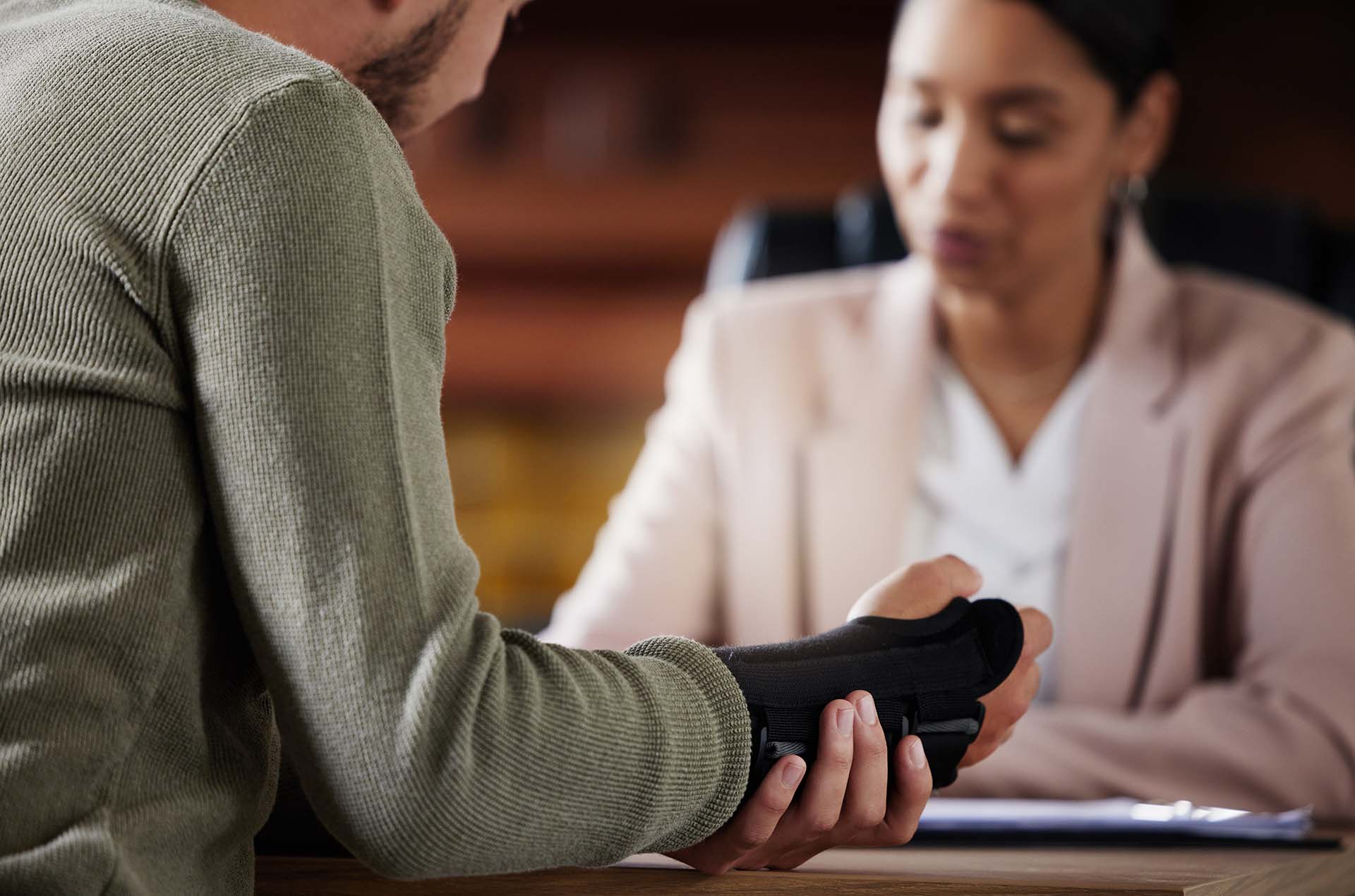Being involved in a car accident requires drivers, passengers, and witnesses to provide information that determines who was at fault and how the accident occurred. But you should avoid making unnecessary comments at the scene of a car accident to protect yourself and prevent issues that can arise. Knowing what to say (and what not to say) to police officers and other drivers can save you from unwanted legal trouble. Have you been in a car wreck and need to speak with a Car Wreck Attorney? Call Sandy Springs Car Wreck Attorney, Mark Thomas today at 404-984-2653.
Talking to Police Officers
Police officers must investigate the scene of a car accident. This process begins by speaking to those individuals who were involved.
It’s important to answer the questions that are asked by responding police officers. But drivers also have the right to not speak if they choose.
Drivers should be careful when answering police questions due to the fact that they may not fully understand what has happened in the aftermath of a collision.
Drivers and passengers are under a high level of stress, and their recollection of the events may not be accurate or complete.
Only share information that you know is true and focus on providing facts to the police officers. Assumptions and opinions should be avoided until you have time to take all of the evidence into consideration.
All statements made to the police will be included in their report. If you choose not to speak to a police officer, you can inform them that you would prefer to speak with your attorney before providing information.
Admitting Fault at the Scene of a Car Accident
Some drivers accidentally admit fault at the scene of an accident. They may also make statements that imply they were at fault.
Admitting fault at the scene of a car accident can lead to a number of issues. It’s not uncommon for some drivers to incorrectly assume that they were responsible for a car accident.
Admitting to some form of negligence without having gathered all of the evidence can result in costly citations and other problems.
More importantly, your insurance company will be held responsible for providing compensation to the other driver for damages that they received.
It’s always a good idea to avoid admitting or denying fault at the scene of an accident. Let police officers gather the information they need to determine what events led to the collision.
Gather your own evidence by collecting the names and contact information of the other drivers involved as well as taking photographs or videos of the scene of the accident.
Talking to Other Drivers and Witnesses
You’ll need to speak to other drivers after an accident to make sure that everyone is safe and exchange personal and insurance information.
But don’t talk to other drivers more than is necessary. Also, despite the heightened level of stress at the scene, you should avoid becoming angry or aggressive towards anyone involved in the accident.
You can ask witnesses to provide their own accounts of what they saw or to provide you with their contact information so that you can gather their testimony later.
But some witnesses may misinterpret or misunderstand statements you make regarding the accident. They may believe that you admitted fault when in fact you didn’t. They may also have incorrect accounts that can put you at risk for liability.
So only say what’s necessary when speaking to drivers, passengers, and witnesses at the scene of an accident. This keeps you free from liability and allows you to first determine all of the facts related to the collision.
Understanding what to say at the scene of an accident is the first step to protecting your legal rights. Consulting with a skilled and experienced Car Wreck Attorney helps you obtain your just compensation while navigating the complex process of dealing with insurance companies and the courts. Contact the law office of Mark Thomas today by calling 404-984-2653






